
Similar Posts

Post-Islamic Revolution: A Surge in Scientific Innovation and Production
Iran has experienced significant growth in scientific production since the 1979 Islamic Revolution, rising from 50th globally in 1980 to 17th in 2024. The country now ranks second in scientific output among Islamic nations. Despite facing challenges like sanctions, Iran aims to improve its ranking to 12th by 2027. The number of scientific publications surged from 284 in 1980 to 75,928 in 2024. Additionally, scientific associations have grown by 22.9% since 2014, fostering knowledge production and enhancing collaboration among scholars. These developments reflect Iran’s commitment to advancing its scientific capabilities and retaining talent.
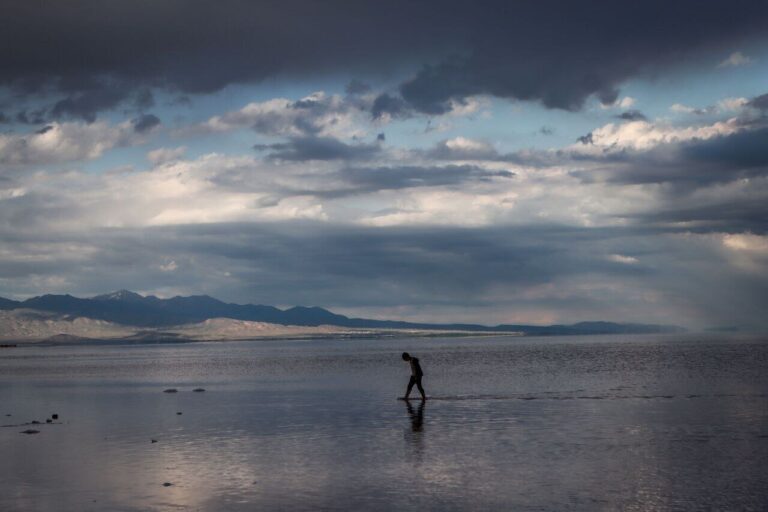
Lake Urmia Sees Remarkable 80 mcm Surge in Water Volume!
Lake Urmia is experiencing a significant revival, with water volume increasing by 80 million cubic meters compared to last year, reaching 1,630 billion cubic meters. This resurgence is vital for the lake’s ecological health, as its level rose to 1270.28 meters. Collaborative restoration efforts involve the UNDP and FAO, focusing on sustainable agricultural practices. A project initiated by Japan and UNDP aims to develop conservation systems from 2024 to 2028. However, challenges like overconsumption of water, climate change, and vulnerable agricultural practices threaten the lake. Ongoing initiatives seek to implement water-saving measures and enhance resource management for sustainability.
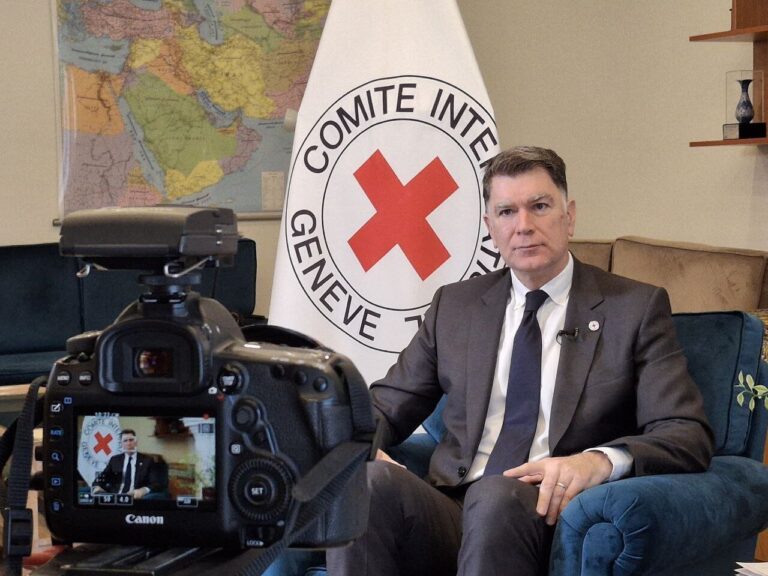
Iranian Spirit of Compassion: ICRC Representative Highlights Growing Humanitarian Efforts
Vincent Cassard, the ICRC representative, praised the resilience and community support in Iran during discussions on humanitarian efforts. He highlighted the collaboration between the ICRC and the Iranian Red Crescent Society (IRCS), which has effectively addressed crises and provided essential services. Cassard noted Iran’s commitment to international humanitarian laws and emphasized ongoing initiatives, including rehabilitation services and support for refugees. A joint secretariat for rehabilitation in Tehran aims to enhance cooperation in providing vital services. The partnership reflects a shared commitment to humanitarian principles, addressing the needs of vulnerable populations amid regional challenges.
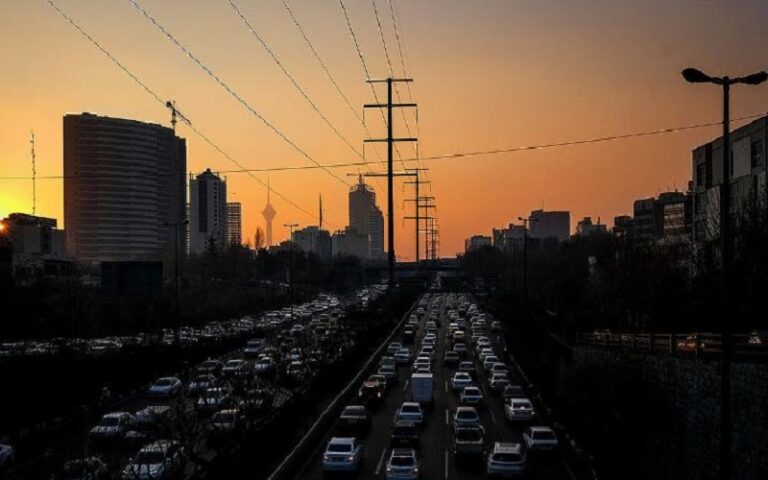
Iran’s Crisis Escalates: Power and Water Shortages Ignite Public Fury and Economic Turmoil
As summer approaches, Iran faces a severe crisis marked by widespread power and water outages, disrupting daily life and triggering public outcry. Citizens report frequent, unannounced power cuts affecting lighting, appliances, and water supply, with many struggling to carry water up flights of stairs. Southern provinces are hit hardest, with extreme heat compounding the situation. Despite rising tariffs, the government blames the public for “wasteful consumption,” leading to growing resentment. Protests erupt as basic necessities soar in price, and officials suggest impractical solutions. The crisis threatens public health and economic stability, potentially igniting further unrest.
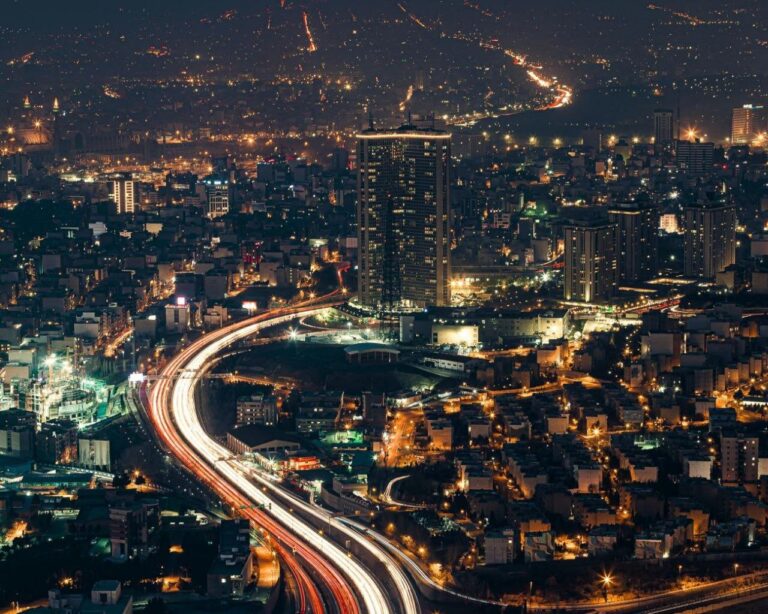
UNDP Backs Iran’s Vision for a Sustainable Energy Future: A Commitment to Green Innovation
The United Nations Development Programme (UNDP) is working to enhance economic resilience and promote renewable energy in Iran, which has significant solar and wind potential. Iran aims to install 30,000 MW of renewable energy by 2030, despite facing challenges like high energy intensity. Key initiatives include an Energy Efficiency Certificate Framework, vocational training enhancements, and an Energy Monitoring Information System. The government plans to increase renewable power capacity by 3,500 MW next year, with a goal of adding 10,000 MW by 2025. These efforts not only reduce energy consumption but also create jobs, highlighting the economic benefits of clean energy.
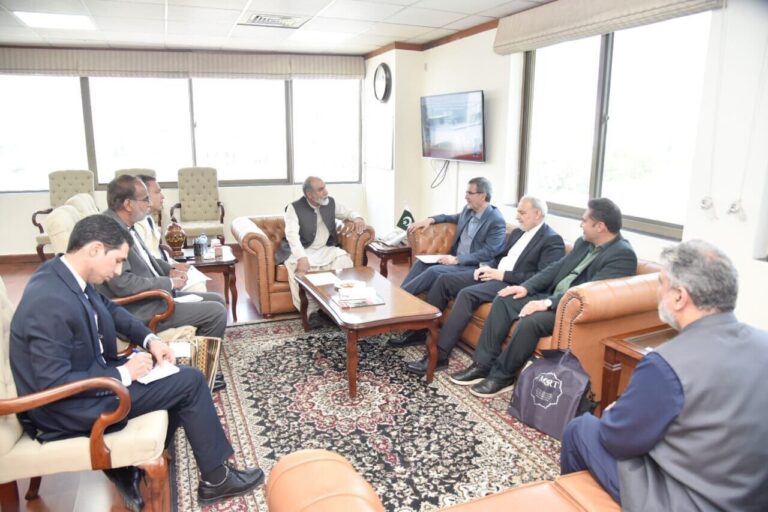
Tehran and Islamabad Forge Stronger Scientific Partnerships for Collaborative Innovation
Iran and Pakistan are enhancing collaboration in higher education, science, and technology, highlighted during the first International Conference on Science, Technology, and Innovation (STI) in April 2025 in Islamabad. Discussions between Iranian Deputy Science Minister Abolfazl Vahedi and Pakistani Science Minister Khalid Hussain Magsi emphasized academic engagement and cooperation. Both nations aim to exchange academic staff, conduct joint projects, and establish national pavilions. Mukhtar Ahmed of Pakistan’s Higher Education Commission noted shared challenges that could strengthen ties. The collaboration is expected to drive regional economic growth and sustainable development, benefiting both countries in various technological fields.